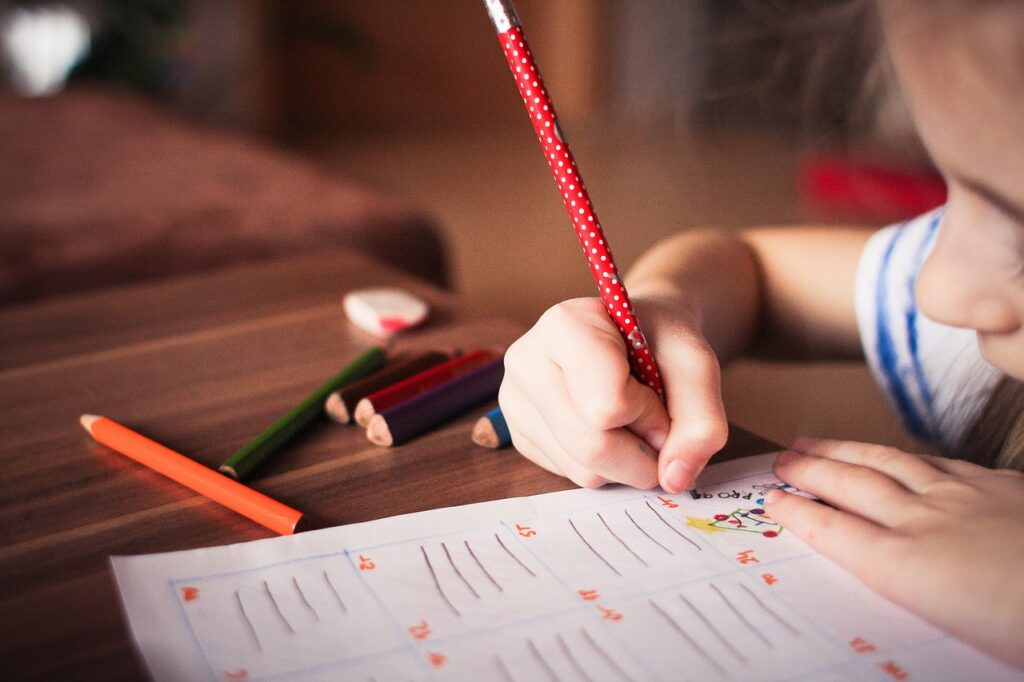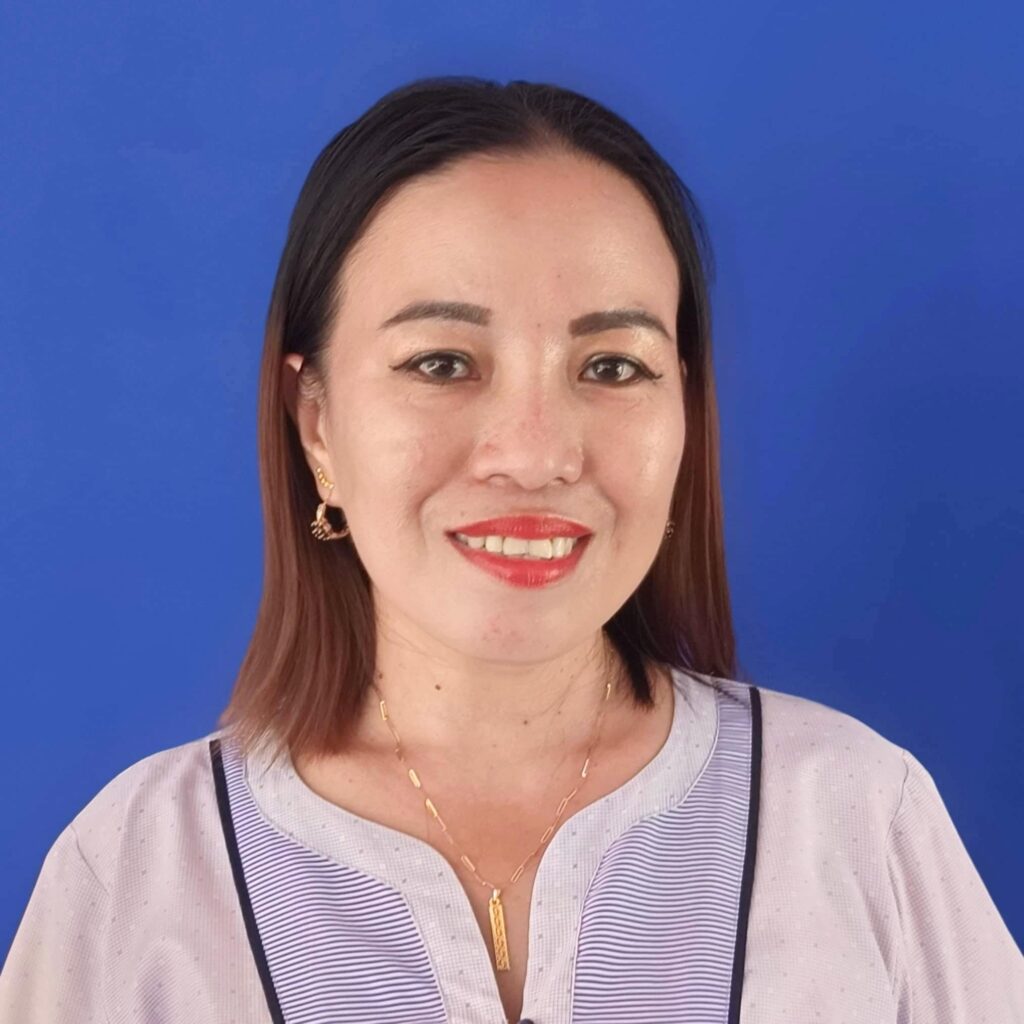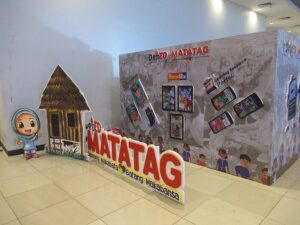Education For The 21st Century: Educating or Deteriorating?
Schools need to prepare students to live and work in a world in which most people will need to collaborate with people of diverse cultural origins, different ideas, and perspectives and values.

Pixabay

Master Teacher I
Habib Moin Anduhol Memorial ES
amelie_2382@yahoo.com
The world is rapidly becoming a different place with globalization and modernization imposing huge challenges to individuals and societies. Schools need to prepare students to live and work in a world in which most people will need to collaborate with people of diverse cultural origins, different ideas, and perspectives and values. A world in which people need o decide how to trust and collaborate across such differences, open bridging space and time through technology. A world in which their lives will be affected by issues that transcend national boundaries. Twenty-first century schools help students to develop autonomy and identify that is cognizant of the reality of national and global pluralism, equipping them to join others in life, work and citizenship.
These days, we no longer know exactly how things will unfold, often we are surprised and need to learn from the extraordinary and sometimes we make mistakes along the way.And it will often be the mistakes and failures, when properly understood that create the context for learning and growth. Our curriculum is a proof of this learning growth from K to 12 Curriculum to Matatag Curriculum.
Generation ago, teachers could expect that what they taught would last for a lifetime to their students. Today, schools need to prepare students for more rapid economic and social change than ever before, for jobs that have not yet been created, use of technologies that recently invented, and to solve social problems that we don’t yet know will arise. Twenty-First century skills help people, organization and systems persist, perhaps even thrive amid unforeseeable disruptions.
How do we foster motivated, engaged learners who are prepared to conquer the unforeseen challenges of tomorrow, not to speak of those of today? The dilemma for educators is that routine cognitive skills, the skills that are easiest to teach and easiest to test are also the skills that are easiest to digitize, automate and outsource. There is no question that state of the art knowledge and skills in a discipline will always remain important. Innovative or creative people generally have specialized skills in a field of knowledge or a practice. And as much “learning to learn” skills are important, we always learn by learning something. However, educational success is no longer about reproducing content knowledge but about extrapolating from what we know and applying that knowledge in novel situations. Put simply, the world no longer rewards people for what they know – Google knows everything – but for what they can do with what they know.
Equally important, the more content knowledge we can search and access, the more important becomes the capacity to make sense out of this content, the capacity of individuals to question or seek to improve the accepted knowledge and practices of their time. Literacy now is about managing non-linear information structures, building your own mental representation of information as you find your own way through hypertext on the internet, about dealing with ambiguity, interpreting and resolving conflicting piece of information that we find somewhere on the web.
In today’s schools, students typically learn individually and at the end of the school year, we certify their individual achievements. But the more independent the world becomes, the more we need great collaborators and orchestrators. Innovation today is rarely the product of individuals working in isolation but an outcome of how we mobilize, share and link knowledge. In the flat world, everything that is our proprietary knowledge today will be a commodity available to everyone else tomorrow. Because technology has enabled us to act on our imaginations in ways that we could never before.Success will be with those who master the new forms of collaborations.
Expressed differently, schools need to drive a shift from a world where knowledge that is stacked up somewhere depreciating rapidly in value towards a world in which the enriching power of communication and collaborative flows is increasing. And they will need to help the next generation to better reconcile resilience – managing in an imbalanced world with greater sustainability putting the world back into balance.







